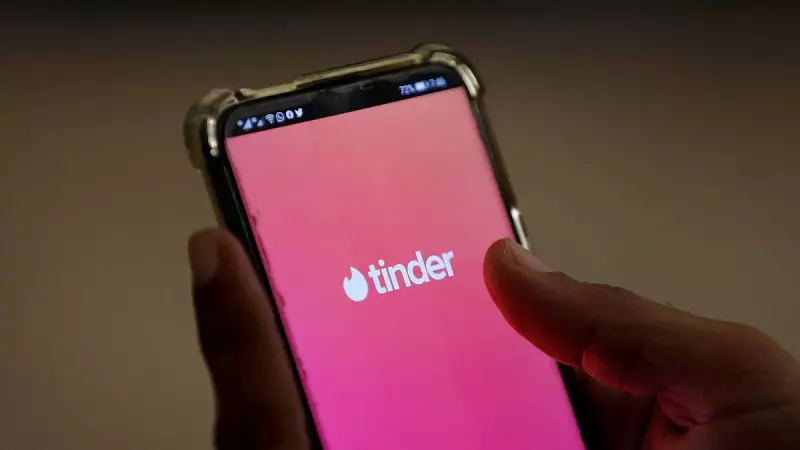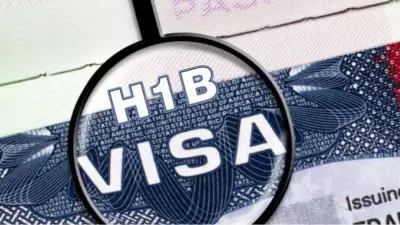
In a dramatic showdown that pits tech giants against app developers, Match Group - the powerhouse behind popular dating app Tinder - has raised serious concerns about Apple's controversial App Store policies in the Indian market. The company claims that Apple's steep commission rates of up to 30% could significantly hamper the growth trajectory of dating applications in one of the world's fastest-growing digital economies.
The Core Conflict: App Store Economics
At the heart of this brewing controversy lies Apple's mandatory payment system, which requires all in-app purchases to flow through their proprietary payment gateway. This arrangement automatically triggers commissions ranging from 15% to 30% on every transaction, creating what many developers describe as an unsustainable financial burden.
Match Group's position highlights a growing tension in India's digital ecosystem, where international tech policies collide with local market realities. The company argues that these fees could ultimately limit innovation and investment in the country's burgeoning dating app sector.
India's Digital Dating Landscape at Stake
India represents one of the most promising markets for dating applications, with a massive youth population and rapidly increasing smartphone penetration. However, the imposition of high commission rates could create several challenges:
- Reduced profitability for app developers operating in price-sensitive markets
- Potential increase in subscription costs for Indian consumers
- Limited resources for localizing features and improving user experience
- Restricted growth of homegrown dating platforms competing with international players
Broader Implications for India's Tech Ecosystem
This dispute extends beyond dating apps and touches upon larger questions about digital market regulation in India. As the country positions itself as a global tech hub, the balance between platform owner rights and developer freedom becomes increasingly crucial.
Industry observers note that the outcome of such conflicts could shape how international tech companies approach the Indian market and influence the government's stance on digital marketplace regulations.
The timing is particularly significant as India continues to develop its own digital infrastructure and policies, creating potential opportunities for more developer-friendly alternatives to emerge in the competitive app distribution landscape.





